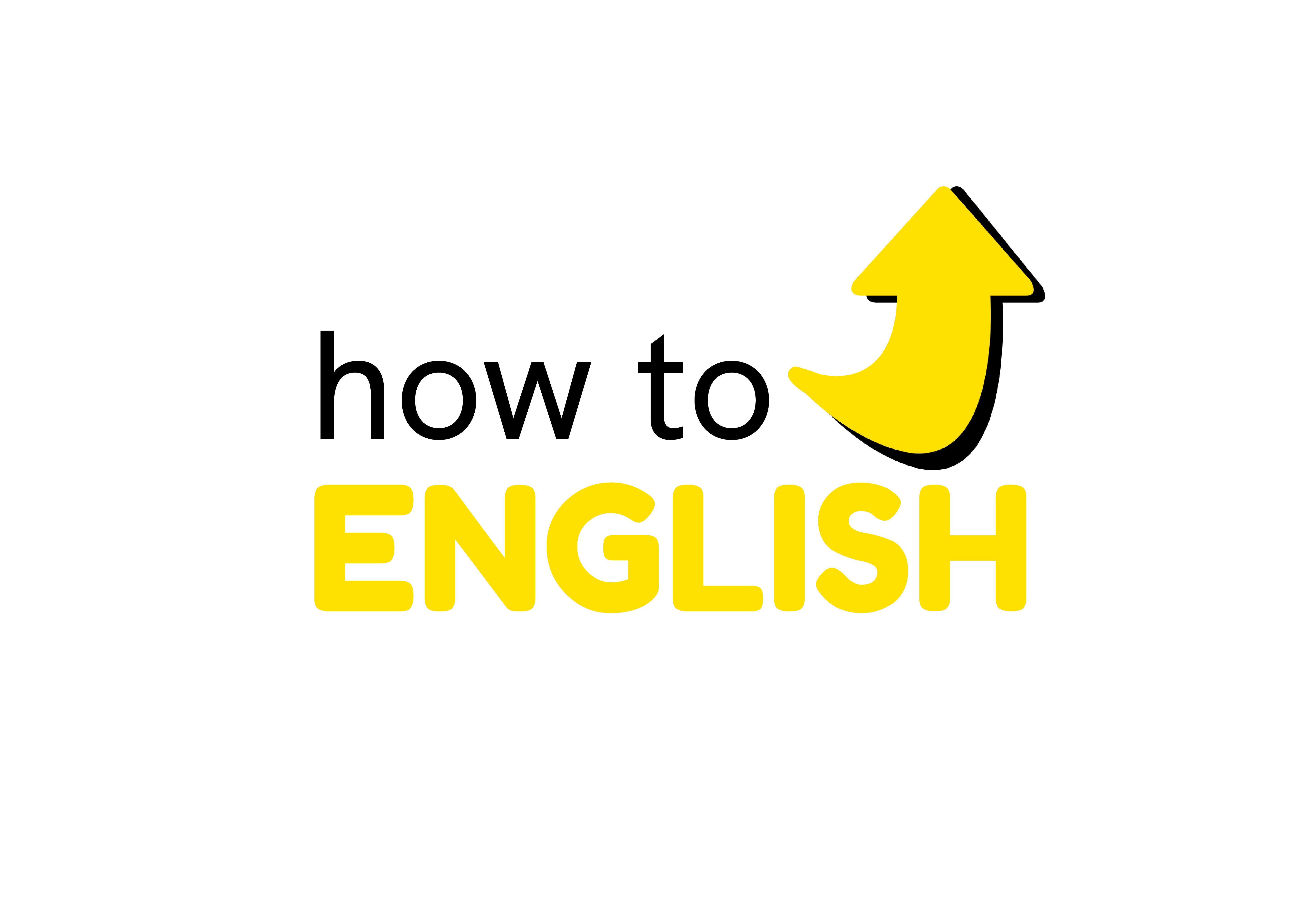Is it me, or is the future pretty disappointing?
I don’t mean that in a negative, pessimistic way. Let me explain…
I grew up in the 80s, and I was told to expect some pretty awesome futuristic stuff in the early 21st century.
I’m still waiting for my hoverboard and flying car. Not to mention a robot that actually cleans my house, and not some stupid circular box that bangs into my furniture for hours on end.
I thought I’d be going to work with my jetpack, but I still have to walk.
And where are my holidays on Mars? Fifty years after that promise was made, my fellow compatriots still have to settle for Magaluf.
It’s just not fair.[thrive_leads id=’1049′]
I’m (mostly) joking here. The future, as the title suggests, is actually pretty awesome.
I’m just grateful that because of technology, I’m able to write these posts that can reach so many people and, hopefully, make a small impact in their lives.
For the purpose of this post, I want us to take a stroll in the future. Not too far into the future, I want it to be close enough to almost feel real, and feel close enough to almost touch.
You know I’m a big proponent of thinking long-term in order to achieve one’s goals.
However, we know that by its very nature, the brain isn’t programmed to think long-term. On the face of it, this may seem like a problem. But really, it just means that we need to practise the skill of thinking in this way.
Skills like motivation, discipline, long-term thinking, and goal setting come naturally to very few people. These skills need to be nourished, practised, and made into a habit in order to perfect them and use them to your advantage.
If a skill doesn’t come naturally, a lot of people simply accept that they can’t do it and never try to improve it, preferring to focus on the things that come naturally to them: their strengths.
Work on improving your weaknesses; your strengths will look after themselves.
So, back to the future.
Have you ever thought about where you’re going with your English? Why are you even learning English?
If your answer to both questions was, “I want to improve”, then you need to go a lot deeper. That’s not an answer that will help you long-term. Too vague.
Another answer that will fail to help you is, “because my boss told me I need to”, or, “because I need to in order to do…(fill the blank)”.
Try to avoid the word need as it rarely helps you. Both of the above answers imply that there is something external that is imposing an obligation on you.
Try to replace the word need with the word want. A desire is far more attractive than a need.
So why are you learning English?
Really have a long think about how to answer this question.
The interesting thing is that your answer will probably project you somewhere into the future. You should be able to visualise yourself, in five years say, having reached your goal in English.
What can you see in this visualisation of yourself in five years, with the improvement in English that you have always wanted?
Maybe you’re giving a talk in your company in English in front of hundreds of people. Maybe you’re working and living in an English-speaking country, speaking fluently and confidently.
Where are you in your visualisation? What are you doing? How do you feel?
Take a bit of time to develop your visualisation. The more detail you can put in it, the better.
Then think of all the positive things that will come from getting to where you are in your visualisation: confidence, freedom, an enormous feeling of satisfaction, whatever.
Take a pen and paper and write a brief description of your visualisation, and then a list of positive things that will come from getting there.
Under this, I want you to write in two columns.
In column A, write a list of things that will help you get to where you want to be. These could be things like practising every day, for any amount of time, but every day. Or maybe having a conversation in English with a native speaker five times a week. It could be making a habit of reading your notes for five minutes a day.
Whatever.
Small things that will help you get there.
In column B, write a list of things that will distract you or prevent you from getting to where you are in your visualisation. Basically, this will be a list of bad habits. Be honest with yourself here, nobody’s watching!
Maybe watching a TV programme every day that you don’t really enjoy, but you watch it anyway. Unnecessary distractions like Facebook or Whatsapp. Thinking negatively about your own skills. Saying things like “I’ll do it tomorrow”, or “I can’t”, when you may not have the skill set now but you will have one day. Procrastinating.
Don’t look at this list as a list of sacrifices. It shouldn’t be. Don’t write activities down that you enjoy doing.
In fact, the things on the list, as you can see, are not enjoyable at all.
This should be a list of unnecessary and avoidable activities, negative thoughts, and activities that conflict with the things you wrote down in the first column.
Do more things from column A.
Do fewer things from column B.
Full stop.[thrive_leads id=’1049′]
